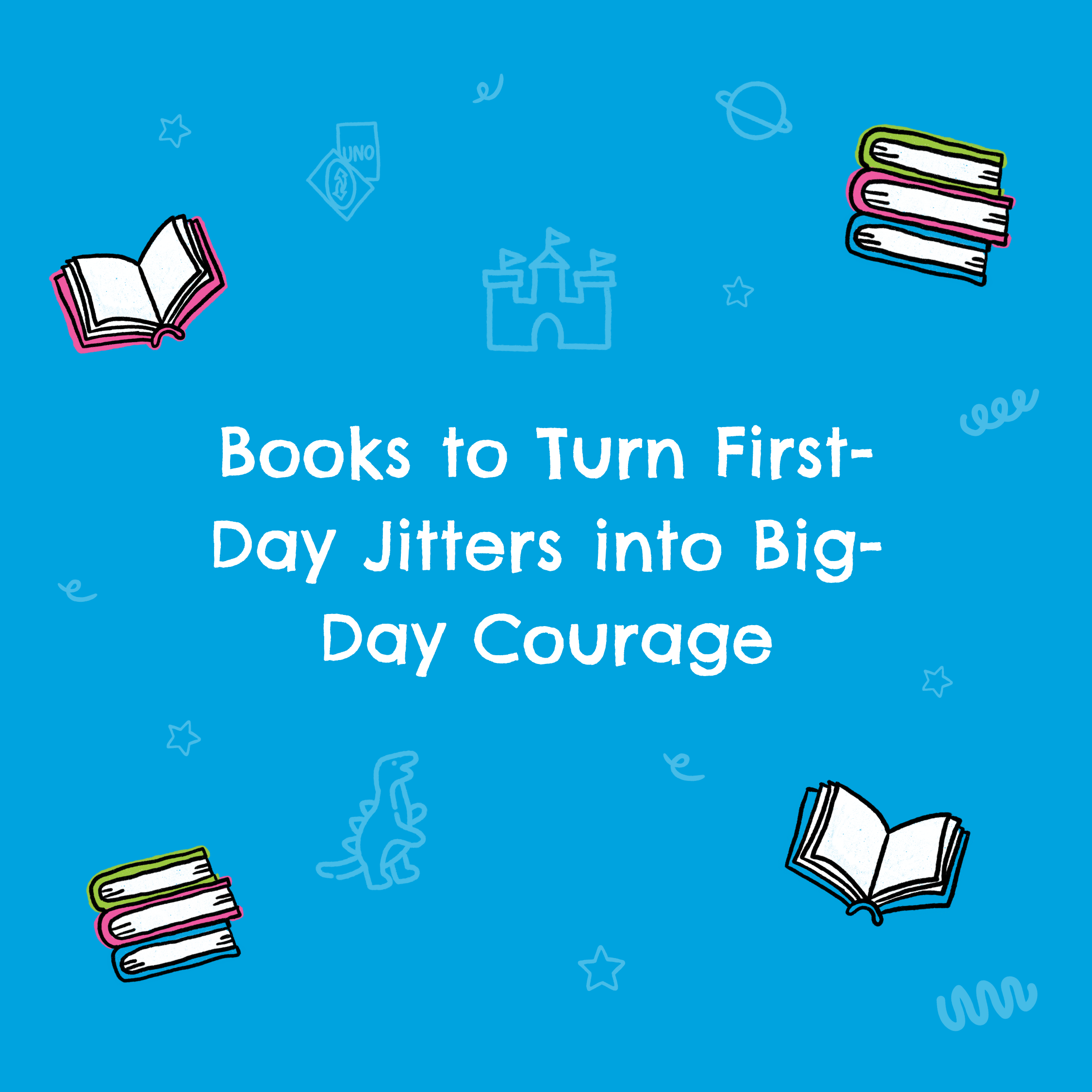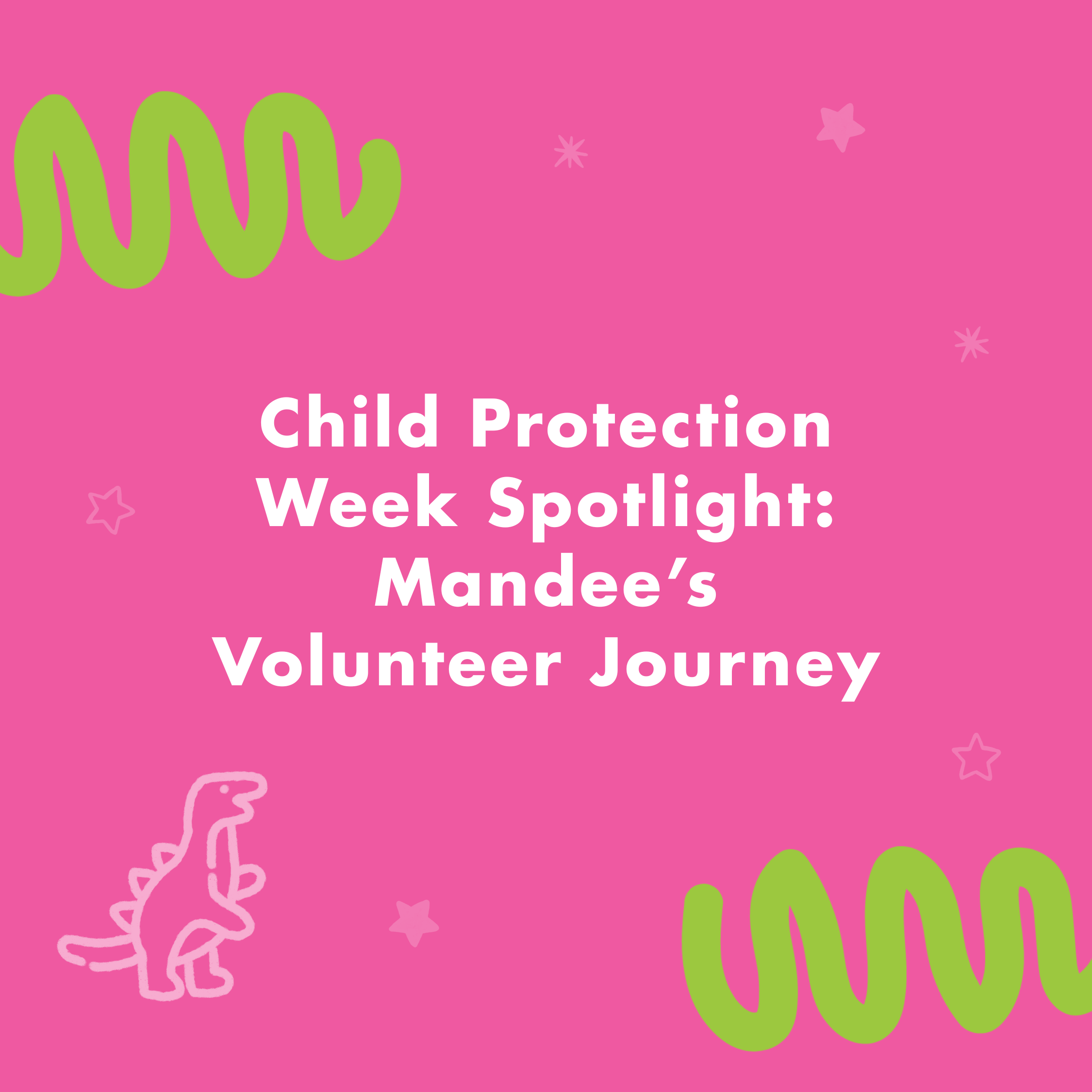Playfulness
A playful approach brings lightness to a relationship, which helps young people feel safe and connected without any pressures or fears. It’s not always about telling jokes or being silly but rather, having a warm and friendly tone, and maybe a wink when something goes wrong. This can take the heat out of tense moments and reassure children that any misstep won’t damage the relationship. When used thoughtfully, playfulness softens boundaries and encourages resilience by showing that hard times can be weathered together with care and a little humour.


Acceptance
Acceptance is all about showing a child that their thoughts and feelings are safe with you. It’s not the same as agreeing with negative behaviours, but rather acknowledging the feelings behind them without judgement. When a child feels truly accepted, they begin to separate who they are from what they do, and that can be incredibly empowering. A comment like, “I can see how this feels unfair,” can be incredibly healing. Acceptance builds trust and lets young people know that even when things go wrong, they’re still valued and cared for.
Curiosity
Curiosity helps us understand what’s really going on beneath the surface of a child’s behaviour. Instead of jumping to conclusions, we can wonder with them, gently and without pressure. “I’m wondering if you’re feeling left out today,” or “I’m a little confused. Usually, you love reading a book with me, but today you don’t want to. I’m wondering what’s different about today,” shows the child that we care enough to try and understand, even if they don’t have the words. Curiosity sends the message that there’s no shame in struggling, and that we're here with them to explore and help, not to scold. It opens the door to emotional insight and deeper connection.

Empathy
Empathy is the heart of PACE, it’s about really tuning in and showing that you feel with the child, not just for them. It might sound like, “That was really hard, and I can see how upset you are”. This kind of response tells a young person that their pain is seen, shared, and survivable. It's not trying to fix everything but rather walking alongside them and showing them they’re not alone on their journey. Empathy strengthens bonds and builds a foundation of emotional safety.


PACE isn’t just a set of techniques. It’s a mindset that helps us relate to others with kindness, understanding, and emotional presence. Whether you’re mentoring, parenting, or caring for a young person or even navigating adult relationships, these principles offer a powerful way to connect and build trust. We’ve heard amazing stories of our Pyjama Angel volunteers using it with their young people, and other team members using it in their personal relationships to alleviate a tense situation. PACE principles really can be used in any interpersonal relationship, but it is also one of the foundational blocks of the Love of Learning Program, helping young people in care feel seen, heard, and supported.






